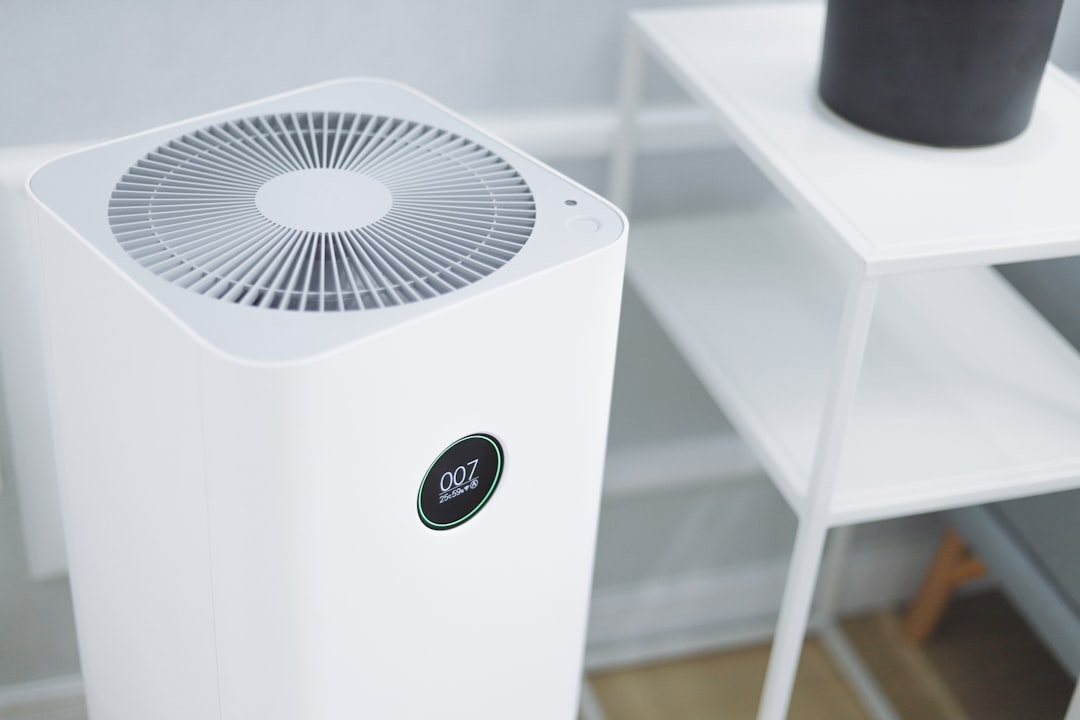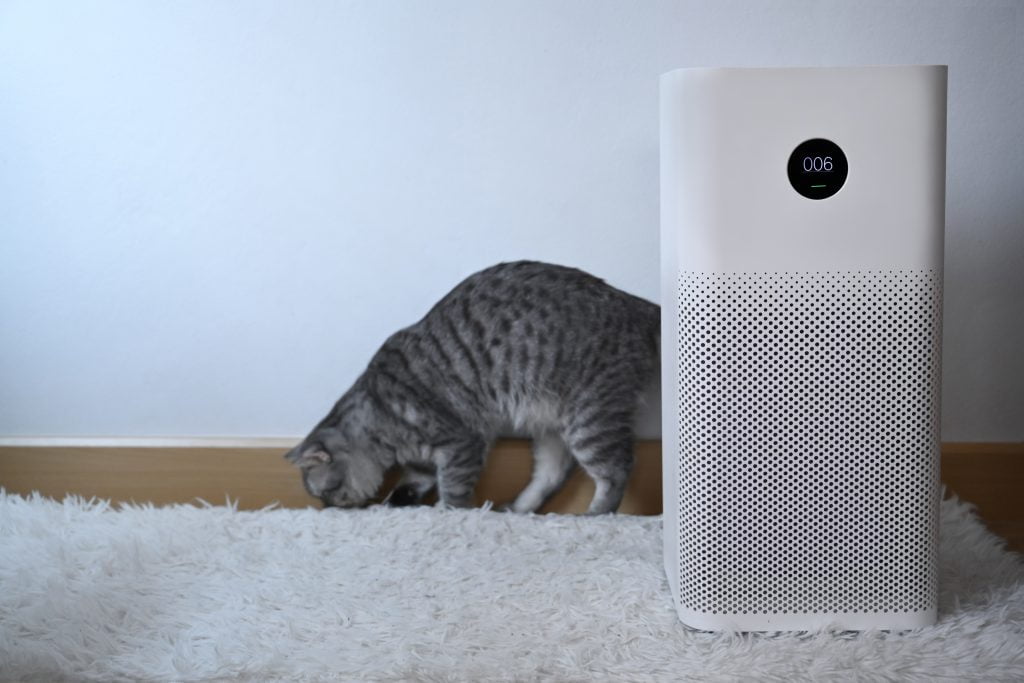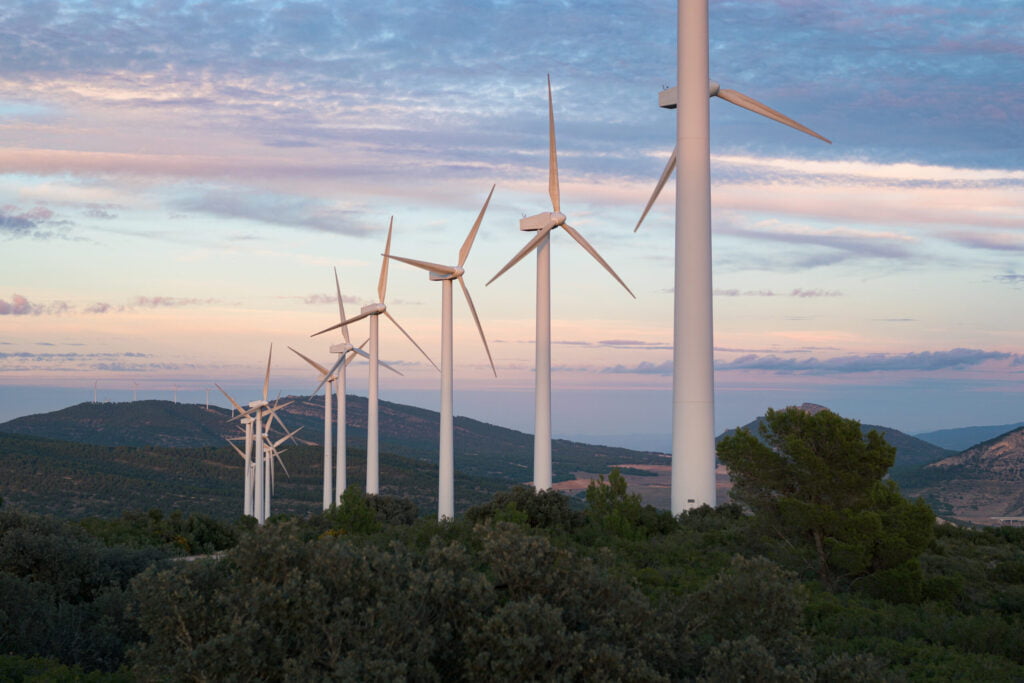Becoming a homeowner is an incredible milestone but it comes with a number of responsibilities. One of those responsibilities is ensuring that your HVAC system is in good condition and able to effectively heat and cool your home. If left unattended, your system will become dirty, most notably the air filter. Dirty air filters can have a significant effect on your comfort and safety, so it’s essential that you understand how to tell when your filter needs to be changed. If you’re new to HVAC maintenance, read on to learn about the consequences of systems with dirty air filters.
What are the consequences of a system with a dirty air filter?

Dirty air filter systems can cause a number of problems for businesses and homeowners alike. A dirty air filter can cause the system to work harder than it should, which will result in to early wear and tear. This extra work can significantly increase your utility bills. A clogged filter will decrease system efficiency and can shorten equipment life. In extreme cases, a dirty air filter can cause the system to overheat and even damage the equipment. This is because the dirt and dust that accumulates on the filters can clog the air flow, which can result in a fire or an explosion.
Dirty filters can also cause the air conditioner to produce more moisture. This can lead to an increase in the humidity levels in your home, which can make it more difficult to breathe and can also cause mould and mildew to grow. Dirty filters can also cause the air conditioner to release more pollutants into the air. This can be harmful to your health and can cause a number of respiratory problems. Regular maintenance and care is the best way to avoid the negative effects associated with poor indoor air quality.
Be sure to change your air filters at least once a month, or more often if needed. This is probably the most important thing you can do to keep your HVAC system running smoothly. Just like your car, your HVAC system needs to be regularly cleaned in order to run at its best. Be sure to clean your system’s components regularly, including the coils, fins, and fan blades. A technician should inspect the unit on a biannual basis to ensure that your system is in good working order. The lifespan of the average HVAC system in ten to fifteen years, so if your system is older than that, it may be time to think about a replacement.
Why is indoor air quality so important?

Poor indoor air quality creates the risk of serious health issues for the people who live or work in the property. Breathing in polluted air can cause a variety of short-term health problems, such as throat irritation, chest pain, and difficulty breathing. These problems can be dangerous for people with asthma or other respiratory problems. Many more severe conditions are linked to air pollution as well, including cancer, heart disease, and even strokes. Children and the elderly are particularly vulnerable to the health risks posed by air pollution.
There are a lot of things you can do for your indoor air quality. Your HVAC system will be your first line of defense, but you should also clean your home regularly. Dust and other pollutants can build up over time, and this can cause problems for your respiratory system. Get rid of any clutter that might be collecting dust too. You may even want to consider a houseplant or two. Plants are natural air purifiers, and they can help to remove harmful pollutants from the air.
As you can see, air quality affects many aspects of our lives. The cleanliness of the filter in your air conditioner can impact your quality of life at home in more ways than you may realize. Prioritizing HVAC maintenance is necessary for any homeowner, especially if you want to extend the lifespan of your system and keep every member of your household safe. That means having the unit inspected at least once or twice a year, changing the filter regularly, and calling a technician if you notice any signs that something is wrong.













